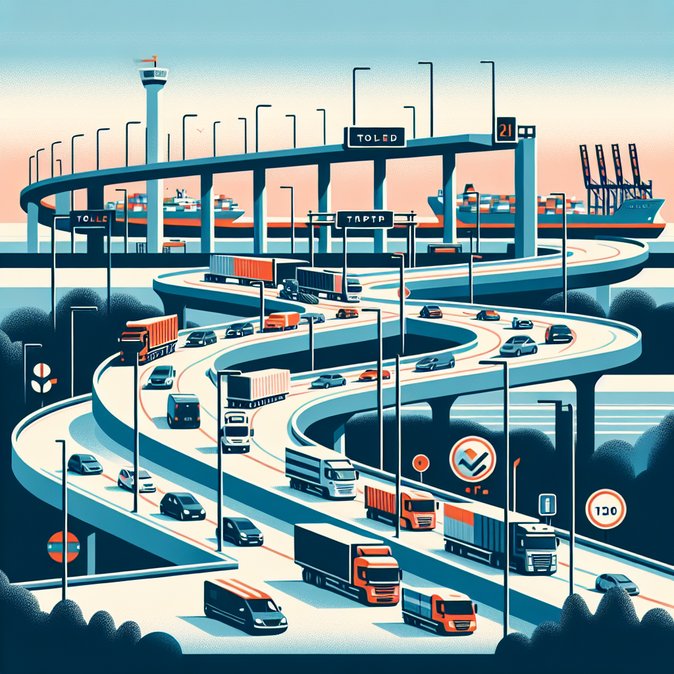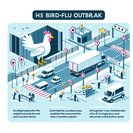
At 06:00 on 25 October the first cars rolled onto a 5.5-kilometre temporary bypass on the northern section of Antwerp’s R1 Ring, part of the €4-billion Oosterweel link megaproject. The three-lane, 70 km/h spur will funnel northbound traffic toward the Netherlands while engineers demolish the ageing Merksem viaduct and construct a permanent tunnel.
While the opening removes a notorious bottleneck near Sportpaleis stadium, it also heralds a fresh round of lane closures and altered junction layouts starting Monday, when preparatory works begin on the southbound carriageway toward Ghent and Brussels. The autumn-holiday overlap means congestion is likely to peak just as commuter traffic mixes with tourist flows.
For internationally mobile staff based in Antwerp’s petro-chemicals cluster or commuting from Brussels, journey times could swell by up to 30 minutes according to mobility platform Slim naar Antwerpen. Companies providing company cars or mileage allowances should update travel-time calculators used in HR gross-up formulas; failure to do so could leave expats out of pocket for additional fuel and toll costs.
Logistics firms moving high-value or time-critical goods to Antwerp Port are also revising delivery slots. Night-time windows may become more attractive despite Belgian labour-law premiums, as the bypass remains in place for eight years until the Oosterweel tunnel opens.
The broader message for global mobility leaders is clear: road-infrastructure upheaval in Belgium’s economic heartland will be the ‘new normal’ for much of the coming decade, and assignment planning should factor in flexible commuting and remote-working options.
While the opening removes a notorious bottleneck near Sportpaleis stadium, it also heralds a fresh round of lane closures and altered junction layouts starting Monday, when preparatory works begin on the southbound carriageway toward Ghent and Brussels. The autumn-holiday overlap means congestion is likely to peak just as commuter traffic mixes with tourist flows.
For internationally mobile staff based in Antwerp’s petro-chemicals cluster or commuting from Brussels, journey times could swell by up to 30 minutes according to mobility platform Slim naar Antwerpen. Companies providing company cars or mileage allowances should update travel-time calculators used in HR gross-up formulas; failure to do so could leave expats out of pocket for additional fuel and toll costs.
Logistics firms moving high-value or time-critical goods to Antwerp Port are also revising delivery slots. Night-time windows may become more attractive despite Belgian labour-law premiums, as the bypass remains in place for eight years until the Oosterweel tunnel opens.
The broader message for global mobility leaders is clear: road-infrastructure upheaval in Belgium’s economic heartland will be the ‘new normal’ for much of the coming decade, and assignment planning should factor in flexible commuting and remote-working options.





